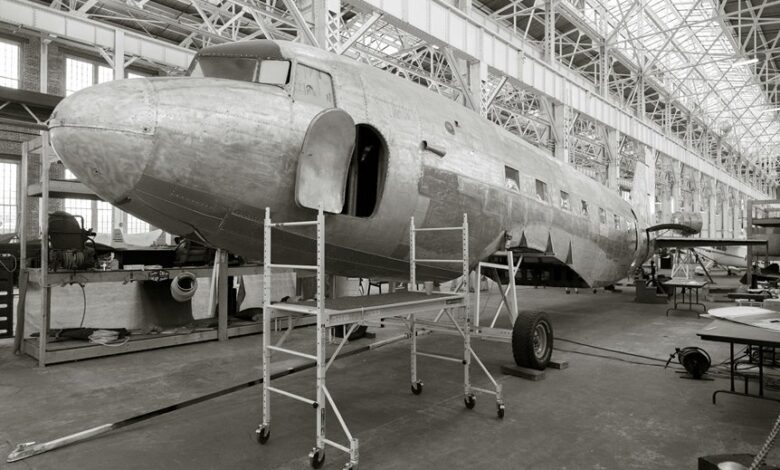Mutf_In: Tata_Mult_Asse_1wo0drd

Tata’s Multi-Assembly Systems signify a transformative approach in manufacturing. By integrating automation and data analytics, these systems optimize processes and enhance operational efficiency. This shift not only reduces lead times but also aligns with sustainable practices. Various industries stand to benefit from this innovation. However, the broader implications for the future of manufacturing remain to be fully explored. What challenges and opportunities will emerge as these systems gain traction?
Overview of Tata’s Multi-Assembly Systems
Tata’s Multi-Assembly Systems represent a significant advancement in manufacturing efficiency, enabling the integration of various production processes under a unified framework.
These systems offer multi assembly benefits, such as reduced lead times, optimized resource allocation, and enhanced flexibility.
Key Innovations and Technologies
The advancements in Tata’s Multi-Assembly Systems are largely driven by key innovations and technologies that enhance operational capabilities.
Recent innovation trends focus on integrating automation and data analytics, significantly improving assembly efficiency.
These technologies streamline workflows and reduce downtime, enabling a more agile manufacturing environment.
Practical Applications in Various Industries
Multi-Assembly Systems find extensive applications across a variety of industries, showcasing their versatility and adaptability.
In automotive assembly, these systems leverage modular design to enhance production efficiency and reduce costs. This approach allows for rapid reconfiguration, supporting diverse vehicle models while maintaining quality.
Industries benefit from increased flexibility, enabling them to respond swiftly to market demands and optimize resource utilization.
Future Implications and Industry Impact
As industries continue to evolve, the implications of Multi-Assembly Systems are expected to reshape manufacturing landscapes significantly.
By aligning with sustainability trends, these systems can enhance resource efficiency and reduce waste.
Additionally, they will influence market dynamics, enabling companies to adapt swiftly to consumer demands.
Ultimately, embracing these innovations will foster competitive advantages and promote environmentally responsible practices across sectors.
Conclusion
Tata’s Multi-Assembly Systems stand as a beacon of modern manufacturing, illuminating the path toward enhanced efficiency and sustainability. By seamlessly integrating automation and data analytics, these systems reduce lead times and optimize resource use across diverse industries. The potential ripple effects of this innovation promise not only to redefine operational landscapes but also to foster environmentally responsible practices, ultimately shaping a future where manufacturing thrives harmoniously with ecological considerations.




